Meta's AI Talent Heist: Why Zuckerberg is Paying $100M+ for OpenAI Researchers
The AI industry is witnessing one of the biggest talent wars in tech history, and Mark Zuckerberg is leading the charge. Meta has launched an aggressive campaign to recruit top AI researchers from rivals like OpenAI, Google, and DeepMind, offering compensation packages that reach up to $300 million over four years.
This isn't just about hiring a few people. Zuckerberg has created an entirely new division called Meta Superintelligence Labs, bringing together some of the brightest minds in artificial intelligence under one roof. The goal is ambitious: build artificial general intelligence that can think and reason like humans.
But this talent hunt has sparked fierce reactions from competitors. OpenAI's Sam Altman has fired back with strong words, calling Meta's approach "distasteful" and claiming "missionaries will beat mercenaries." The battle for AI supremacy is heating up, with billions of dollars and the future of technology at stake.
Let's know more about why Meta is doing this and companies' response to it.
Why is Mark Zuckerberg hiring so aggressively?
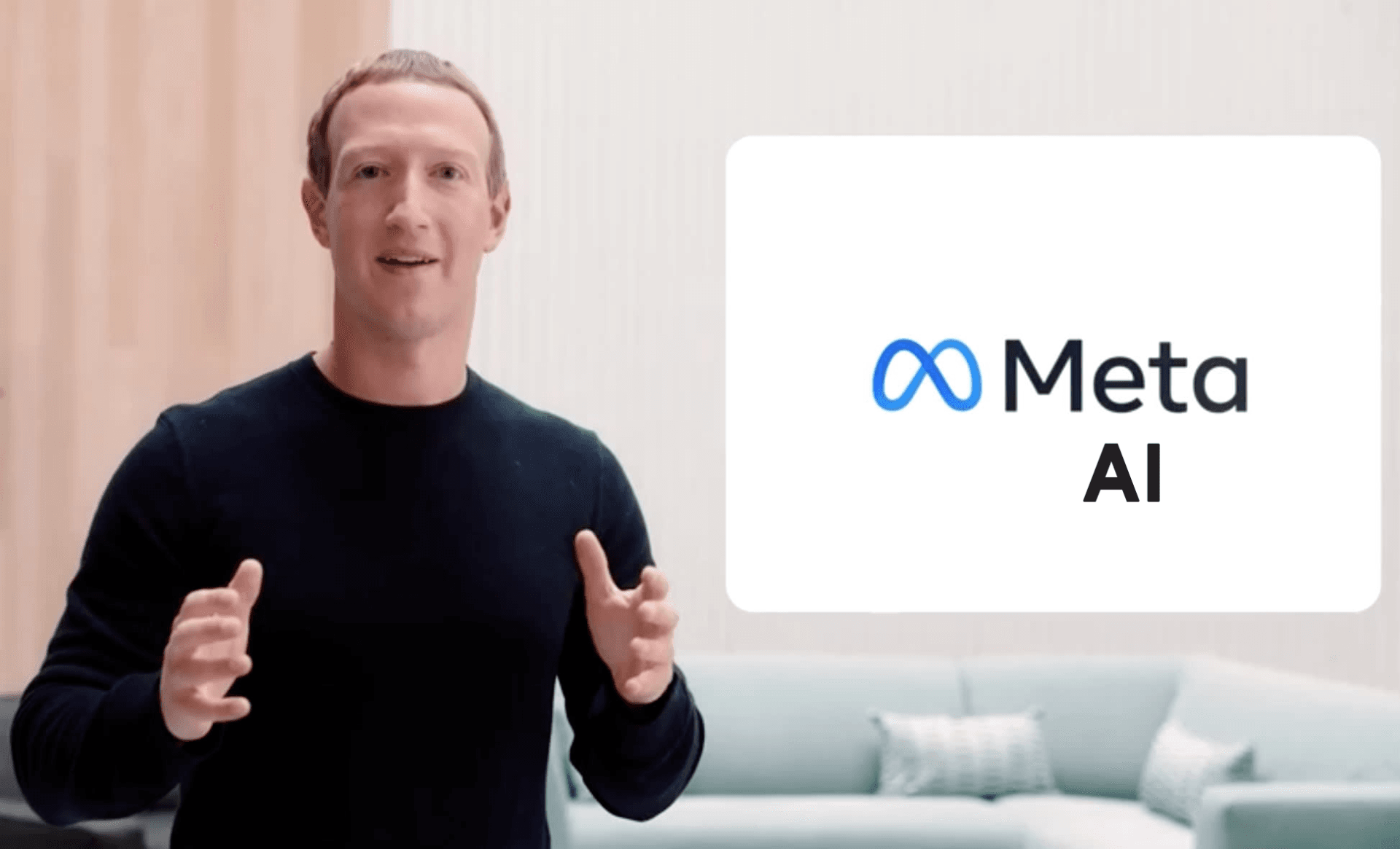
Meta finds itself in a tough spot in the AI race. While companies like Google, OpenAI, and Microsoft have made big strides in artificial intelligence, Meta's recent AI models release didn't hit the spot, and rather, they are way behind other AI companies. This gap has put pressure on Mark Zuckerberg to act fast.
Zuckerberg knows that AI will shape the future of technology. Companies that fall behind now might never catch up. For Meta, which owns Facebook, Instagram, and WhatsApp, staying relevant means winning the AI battle.
To fix this problem, Zuckerberg has started an aggressive hiring campaign. He's not just looking for good AI researchers - he's going after the best talent from rival companies.
The money he's offering is huge:
- First-year pay packages worth over $100 million
- Total compensation reaching $300 million over four years
- Immediate stock benefits instead of waiting years
- Access to unlimited computing resources
This isn't just about hiring a few people. Zuckerberg is building an entire new AI lab focused on creating superintelligence.
He believes that throwing massive resources at top talent will help Meta leap ahead of its competitors and secure its place in the AI future.
Meta's AI strategy: Building "Superintelligence Labs"
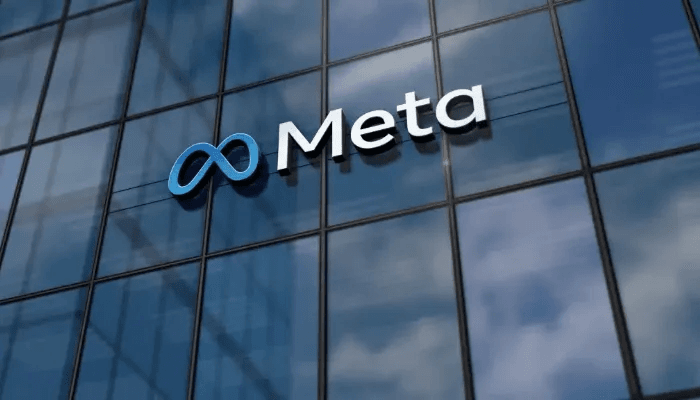
Meta has created a new division called Meta Superintelligence Labs (MSL) to lead its AI efforts. This isn't just another team - it's a major reorganization that brings together all of Meta's AI work under one roof.
The new lab combines several important parts of Meta's AI research:
- FAIR (Facebook AI Research) - Meta's original AI lab
- LLaMA model teams - the group building Meta's main AI models
- Foundation research teams - scientists working on basic AI principles
- Next-generation labs - groups exploring future AI technology
Two experienced leaders will run MSL together. Alexandr Wang, who used to run Scale AI, and Nat Friedman, the former CEO of GitHub, will share the leadership role. Both bring years of experience building AI companies and managing technical teams.
The goal is ambitious: create artificial general intelligence that can think and reason like humans. This means building AI that can understand text, images, and video while solving complex problems across different areas.
By putting all these teams together, Meta hopes to move faster and avoid the coordination problems that slowed down their previous AI work. The unified approach should help them compete better with OpenAI and Google.
Who has left OpenAI to join Meta?
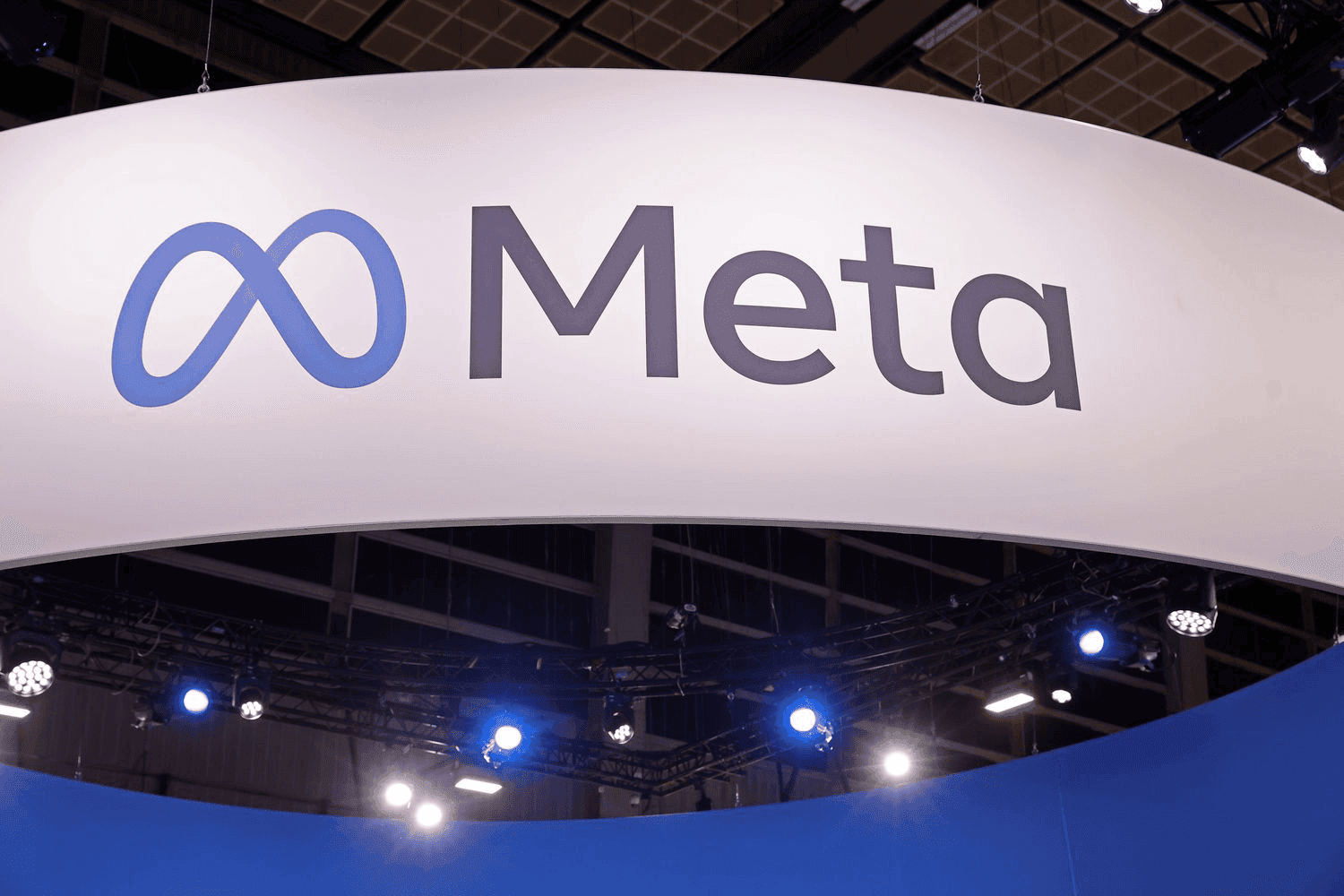
Meta has successfully recruited eight key researchers from OpenAI to join its new Superintelligence Labs. These moves represent some of the biggest talent shifts in the AI industry.
Core Research Team: The first group includes five researchers who work on Meta's most important AI projects:
- Trapit Bansal - Expert in reinforcement learning and helped create OpenAI's reasoning models
- Shuchao Bi - Specialist in foundational AI model development
- Jiahui Yu - Works on multimodal AI that understands text, images, and video
- Shengjia Zhao - Focuses on core AI research and model training
- Hongyu Ren - Expert in advanced AI reasoning systems
Zurich Office Team: Three researchers from OpenAI's Zurich office also joined Meta:
- Lucas Beyer - Vision model specialist
- Alexander Kolesnikov - Foundational research expert
- Xiaohua Zhai - Computer vision researcher
Compensation Details: Meta offered huge pay packages to attract this talent. Most researchers received signing bonuses up to $100 million, though the Zurich team got smaller amounts. Some reports suggest certain roles could reach $300 million total compensation.
New Leadership: These researchers will work under Alexandr Wang (former Scale AI CEO) and Nat Friedman (former GitHub CEO), who lead the Superintelligence Labs together.
This talent acquisition shows how competitive the AI industry has become, with companies paying record amounts for top researchers.
Sam Altman's response to Meta's hiring spree
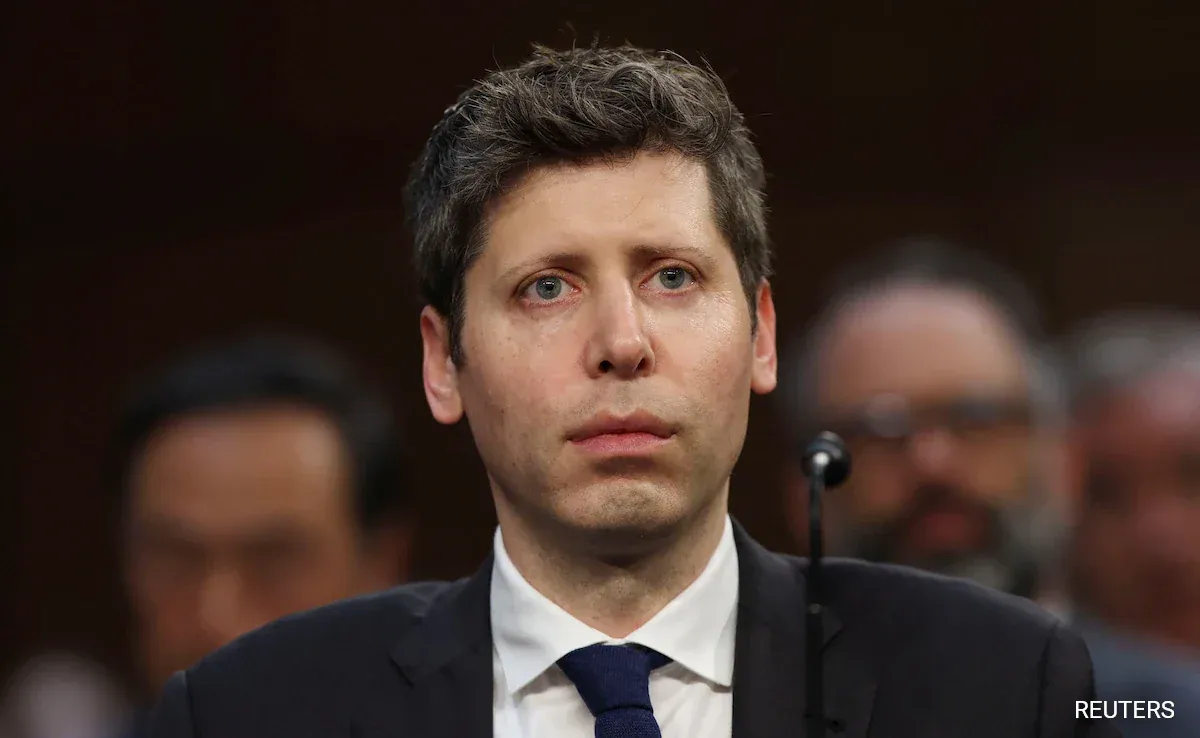
Sam Altman, OpenAI's CEO, has fired back at Meta's aggressive talent recruitment with strong words and defensive measures. He sent a memo to OpenAI researchers criticizing Meta's approach and defending his company's culture.
Altman's Key Messages:
- Called Meta's actions "distasteful" and predicted they would cause "deep cultural problems"
- Used the phrase "missionaries will beat mercenaries" to suggest OpenAI's mission-driven employees are better than money-motivated ones
- Claimed Meta didn't get OpenAI's top researchers and had to settle for lower choices
- Argued that OpenAI stock has more growth potential than Meta stock
OpenAI's Counter-Strategy:
Altman announced that OpenAI is reviewing compensation packages for all research staff, not just those targeted by Meta. He emphasized that any increases would be fair across the organization.
Altman also highlighted OpenAI's focus on building safe artificial general intelligence, suggesting that Meta treats AI as just another business goal rather than a core mission. He positioned OpenAI as the company truly committed to advancing AI technology long-term.
Meta also tried to acquire Safe Superintelligence?
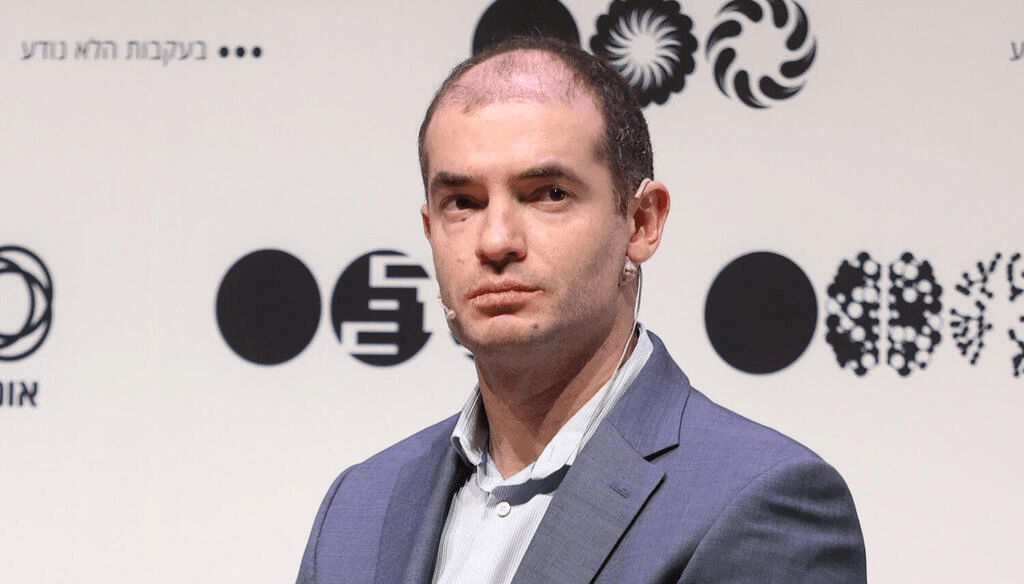
Meta's talent hunt went beyond just hiring individual researchers. The company also attempted to buy entire AI startups, including Safe Superintelligence, though these efforts failed.
About Safe Superintelligence:
Safe Superintelligence is a high-profile AI startup founded in June 2024 by three notable figures:
- Ilya Sutskever - Co-founder and former chief scientist at OpenAI
- Daniel Gross - Former head of AI at Y Combinator
- Daniel Levy - AI researcher and entrepreneur
The company focuses on building advanced AI systems while ensuring they remain safe and aligned with human values. This approach has attracted significant investor interest, with the startup raising over $1 billion in funding and reaching a valuation of around $30-32 billion.
Meta's Failed Acquisition Attempt:
In mid-2025, Meta reportedly tried to acquire Safe Superintelligence but was unsuccessful. This shows Meta's strategy goes beyond just hiring talent - they're also trying to buy out competitors and promising startups entirely.
Who is part of Meta's Superintelligence Labs now?
Name | Previous Company | Previous Role | Current Role at MSL |
Alexandr Wang | Scale AI | CEO | Chief AI Officer |
Nat Friedman | GitHub | CEO | Co‑lead, Product & Applied Research |
Daniel Gross | Safe Superintelligence | Co‑founder & CEO | AI Products Lead |
Trapit Bansal | OpenAI | Reinforcement learning & reasoning lead (o‑series models) | Senior AI Researcher (reasoning models) |
Shuchao Bi | OpenAI | GPT‑4o voice & multimodal lead | Senior AI Researcher |
Jiahui Yu | OpenAI | GPT‑4o & o3 contributor | Senior AI Researcher |
Shengjia Zhao | OpenAI | ChatGPT co‑creator | Senior AI Researcher |
Hongyu Ren | OpenAI | GPT‑4o & o3 contributor | Senior AI Researcher |
Lucas Beyer | OpenAI | Zurich office, vision models researcher | Vision AI Researcher |
Alexander Kolesnikov | OpenAI | Zurich office, vision models researcher | Vision AI Researcher |
Xiaohua Zhai | OpenAI | Zurich office, vision models researcher | Vision AI Researcher |
Jack Rae | Google DeepMind | Pre‑training & reasoning technical lead (Gemini, Gopher, Chinchilla) | Senior AI Researcher |
Johan Schalkwyk | Google Research | Google Fellow & technical lead (Sesame, Maya) | Senior AI Researcher |
Huiwen Chang | Google Research | Creator of MaskIT, Muse; GPT‑4o image-gen | Computer Vision Researcher |
Meta's Superintelligence Labs has assembled an impressive team of 11 high-profile AI researchers from top companies, creating one of the most concentrated collections of AI talent in the industry.
Leadership Structure:
The lab operates under a co-leadership model with two experienced executives:
- Alexandr Wang - Chief AI Officer (former Scale AI CEO)
- Nat Friedman - Co-lead for Product & Applied Research (former GitHub CEO)
- Daniel Gross - AI Products lead (former Safe Superintelligence co-founder)
Research Team Composition:
The research team includes specialists from multiple areas of AI development. The OpenAI recruits bring expertise in reasoning models, multimodal AI, and vision systems. The Google DeepMind and Anthropic hires add knowledge in foundational research and safety-focused AI development.
Meta has combined its existing Fundamental AI Research (FAIR) group with these new hires to create a unified division focused on building artificial general intelligence and next-generation language models.
There are reports that Meta also hired several Chinese research experts from top universities of China.
What can we expect from Superintelligence Labs?
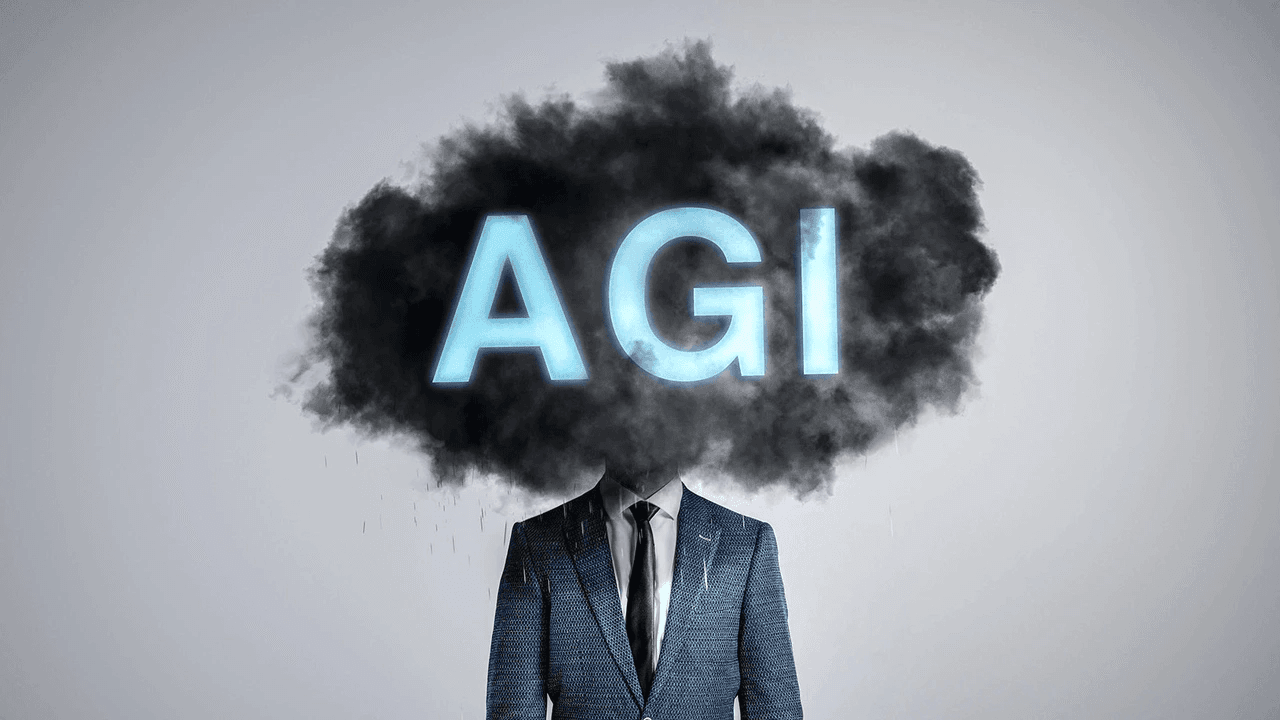
Meta's Superintelligence Labs aims to build artificial general intelligence with advanced multimodal capabilities, meaning AI that can understand and work with vision, text, speech, and complex reasoning all together.
Zuckerberg's Vision:
The Meta CEO has outlined several AI applications the lab will develop:
- AI "friends" for personal conversations and companionship
- Business agents that handle customer service and sales
- Creative assistants for content creation and design
- Specialized tools that match human expert performance
Massive Investment Backing:
Meta is putting enormous resources behind this effort:
- $14 billion investment in Scale AI partnership
- Over $70 billion in capital expenditures for infrastructure
- 1.3 million Nvidia GPUs for training AI models
- Major data center expansions worldwide
Key Challenges:
The lab's success depends on several factors: delivering breakthrough results quickly, keeping top talent from leaving for competitors, and building a mission-driven culture that can compete with more research-focused organizations like OpenAI and Google DeepMind.
Social Media Reacts to Zuckerberg's Hiring Spree
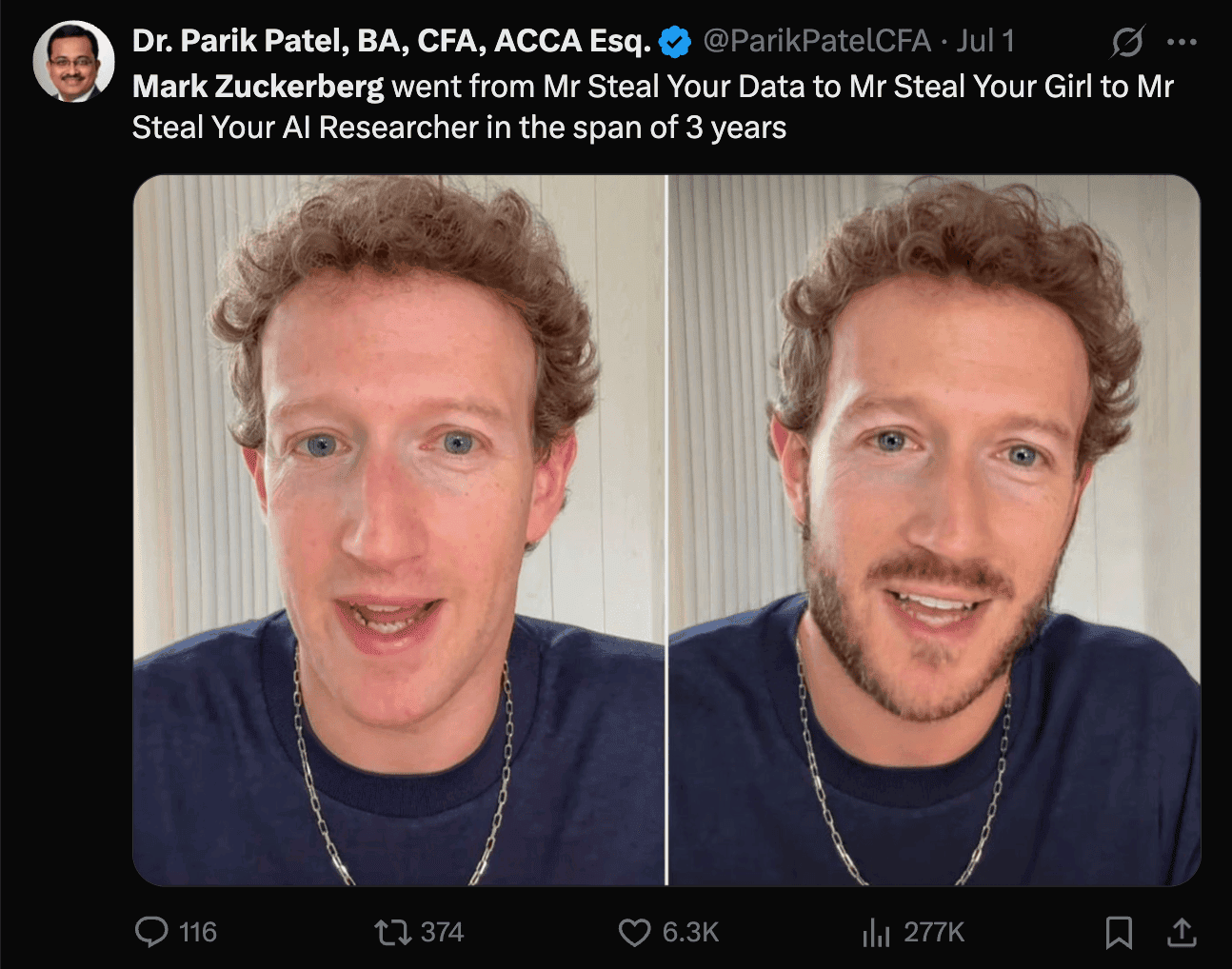
Social media users have had a field day with Meta's aggressive talent acquisition strategy. Memes and jokes about Zuckerberg's hiring tactics have flooded platforms like Twitter, showing how the tech world is responding to this unprecedented move.
Popular Social Media Reactions:
- Users compare Zuckerberg to a talent collector, with memes showing him "watching OpenAI staff announce their resignations" and claiming them as "Mine"
- Jokes about his evolution from "Mr Steal Your Data" to "Mr Steal Your AI Researcher" highlight his reputation for aggressive business tactics
- Memes about wealthy families getting richer "because Mark Zuckerberg doesn't like losing" capture his competitive nature
- References to his "unique superpower" of knowing "what to buy and when" emphasize his strategic timing
The internet's reaction shows that while people find humor in the situation, they also recognize the serious implications of Meta's billion-dollar talent war.
These memes reflect both admiration for Zuckerberg's boldness and concern about the concentration of AI talent under one company.
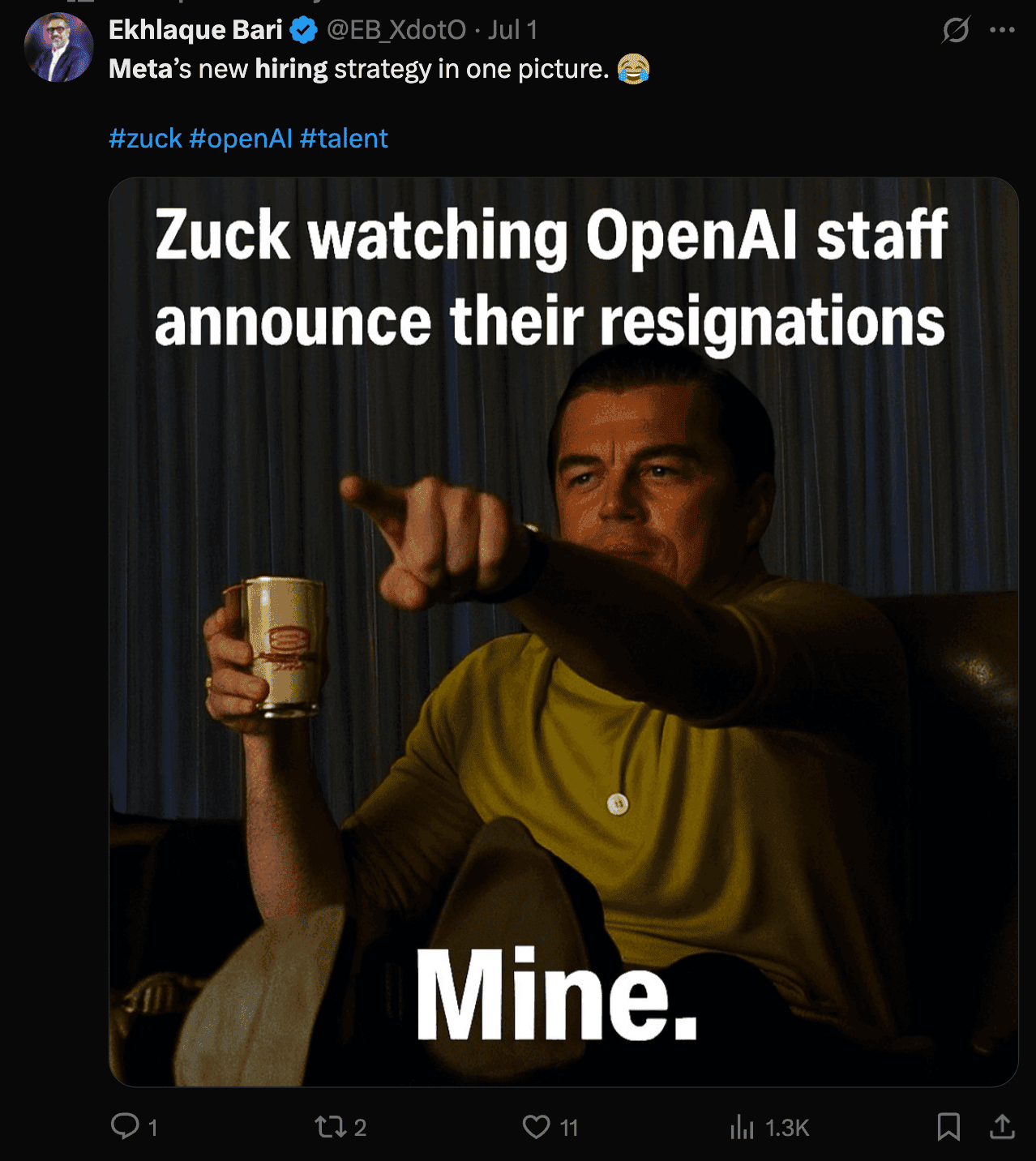
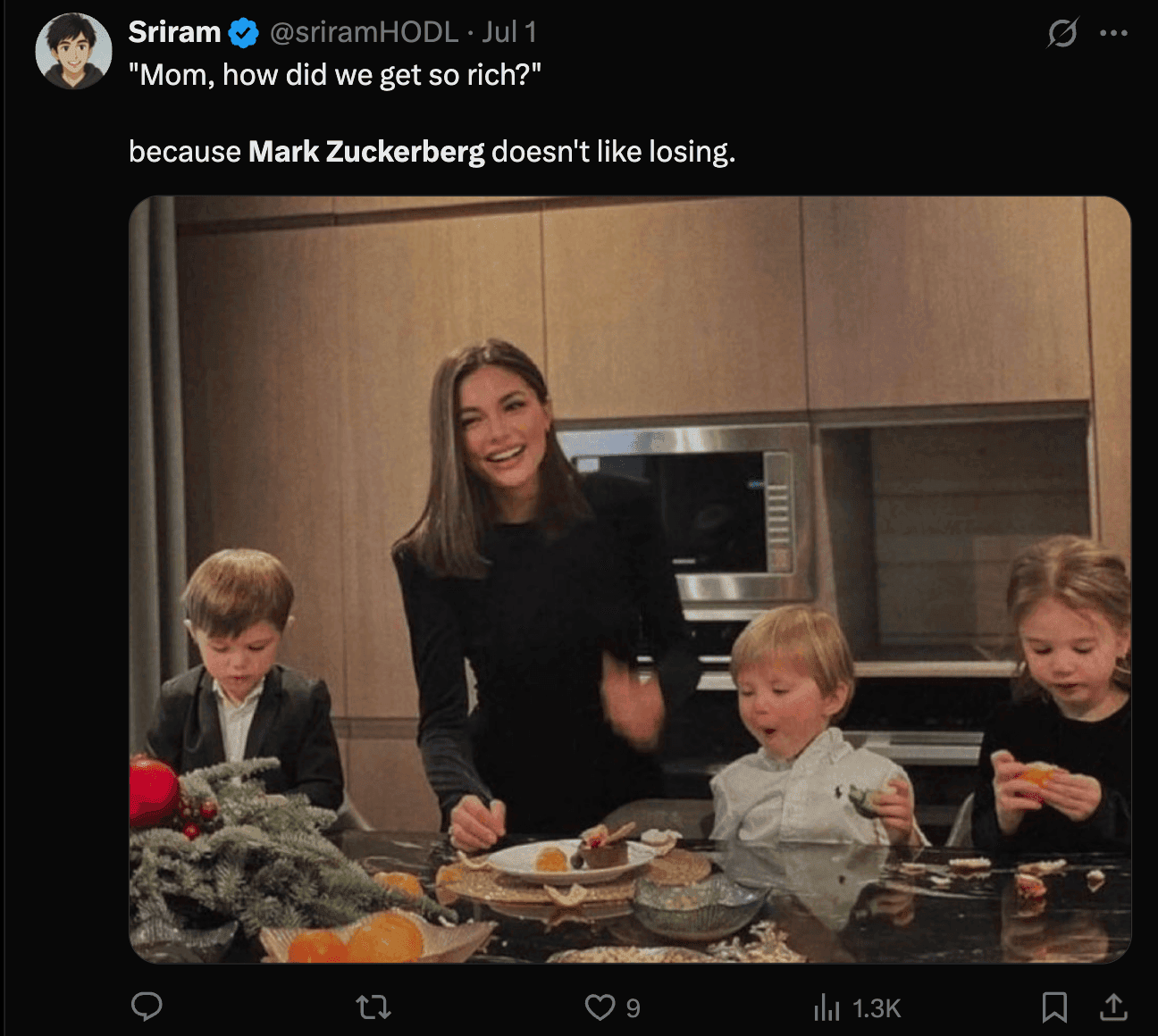
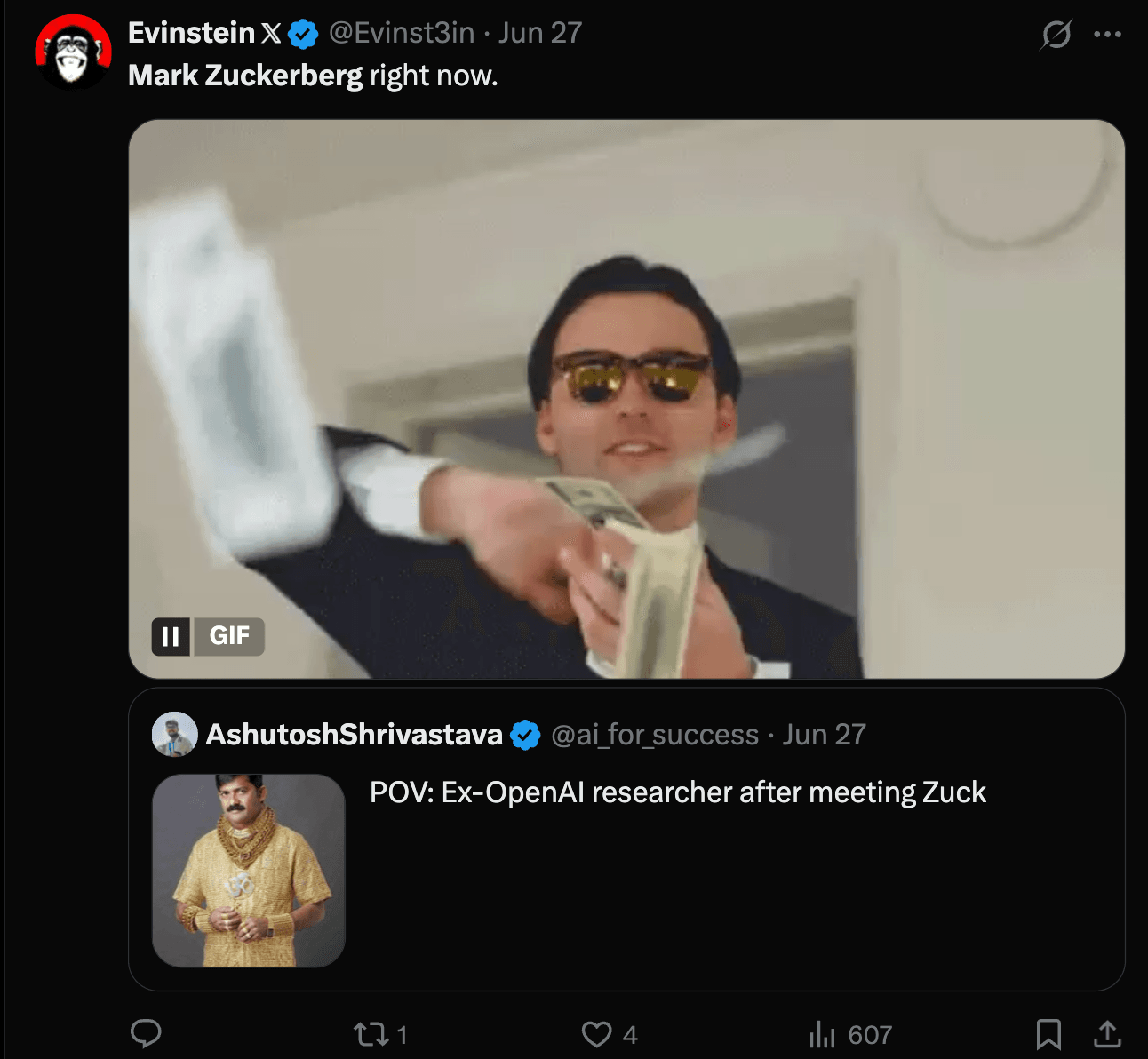
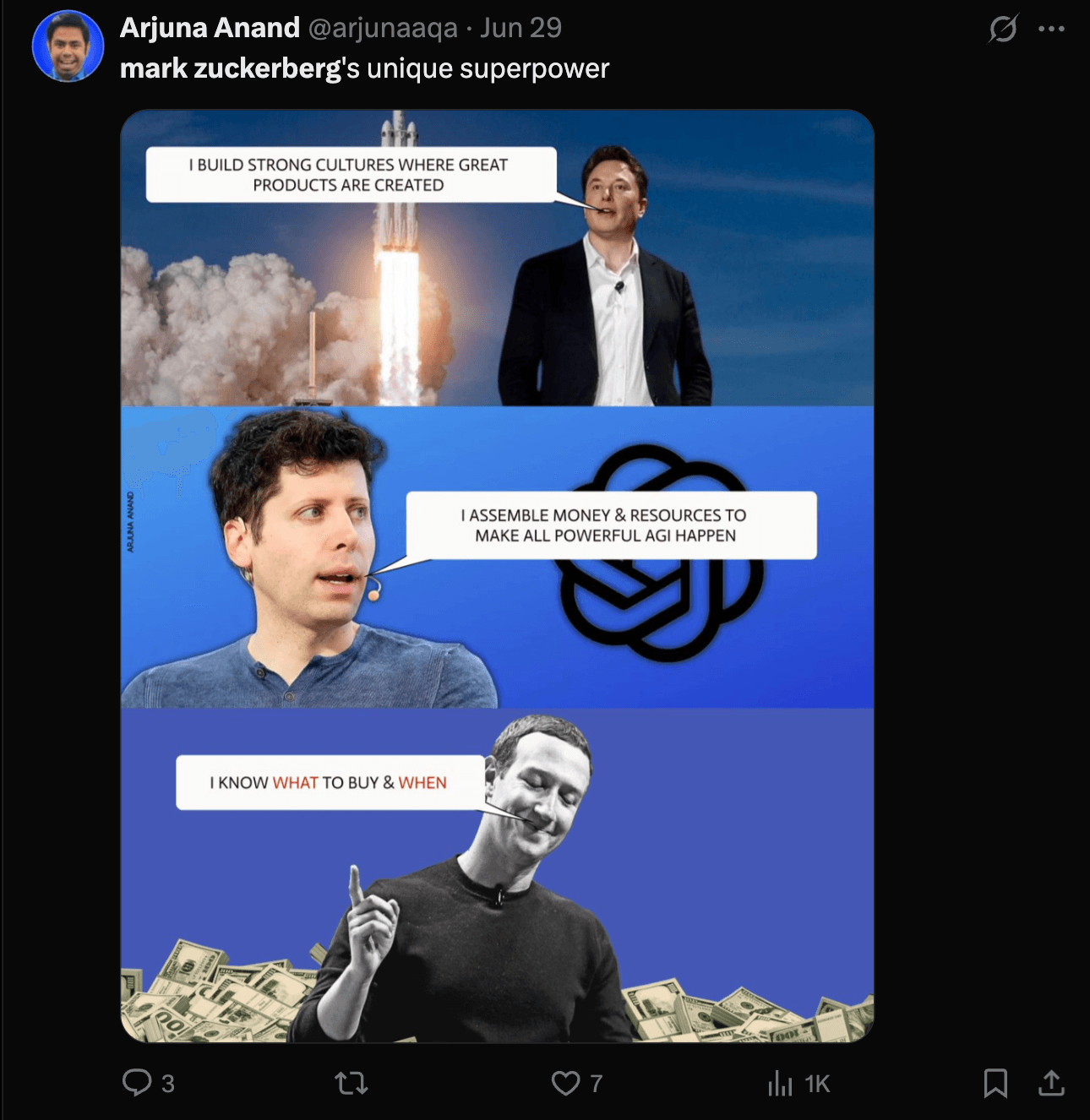
Conclusion
Meta's aggressive AI talent acquisition represents a turning point in the artificial intelligence industry. Mark Zuckerberg's decision to launch Meta Superintelligence Labs and offer huge compensation packages up to $300 million demonstrates how seriously he views the AI race.
By successfully recruiting top researchers from OpenAI, Google DeepMind, and other leading companies, Meta has assembled one of the most concentrated collections of AI talent in the industry under leaders like Alexandr Wang and Nat Friedman.
While Sam Altman's "missionaries will beat mercenaries" response highlights the cultural tensions this has created, the social media reaction reflects both admiration and concern about such concentration of talent.
With massive investments including $70 billion in infrastructure and 1.3 million GPUs, Meta is betting everything on artificial general intelligence. The success of this bold gamble will determine whether Zuckerberg's offensive strategy pays off or if the mission-driven culture of competitors ultimately prevails in building the future of AI.

Comments
Your comment has been submitted